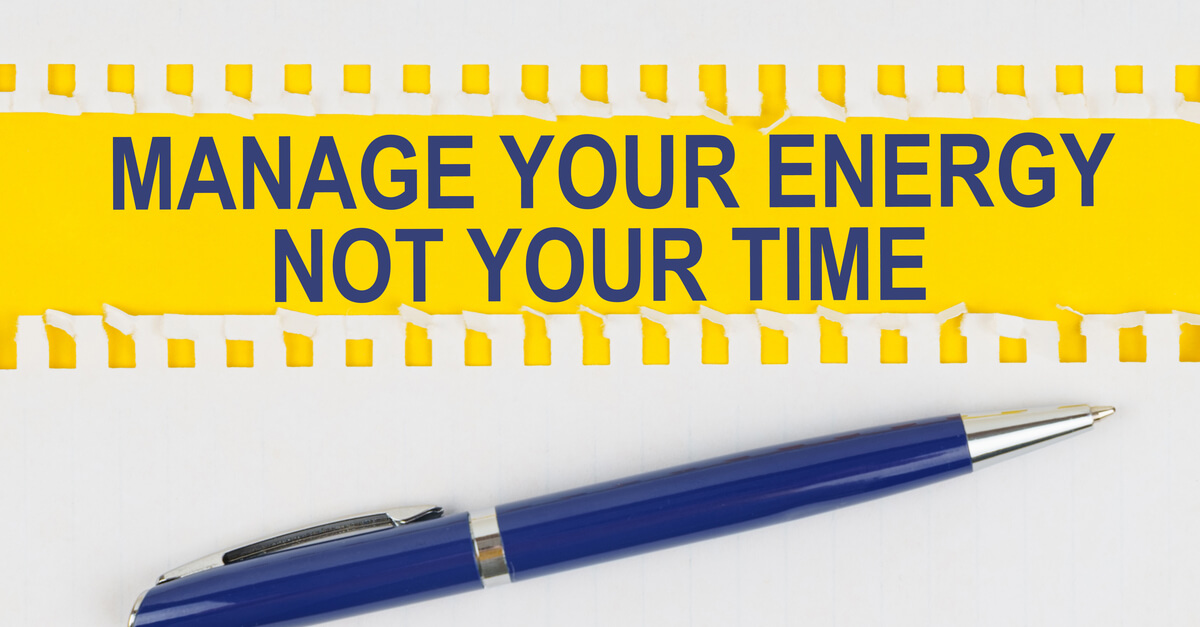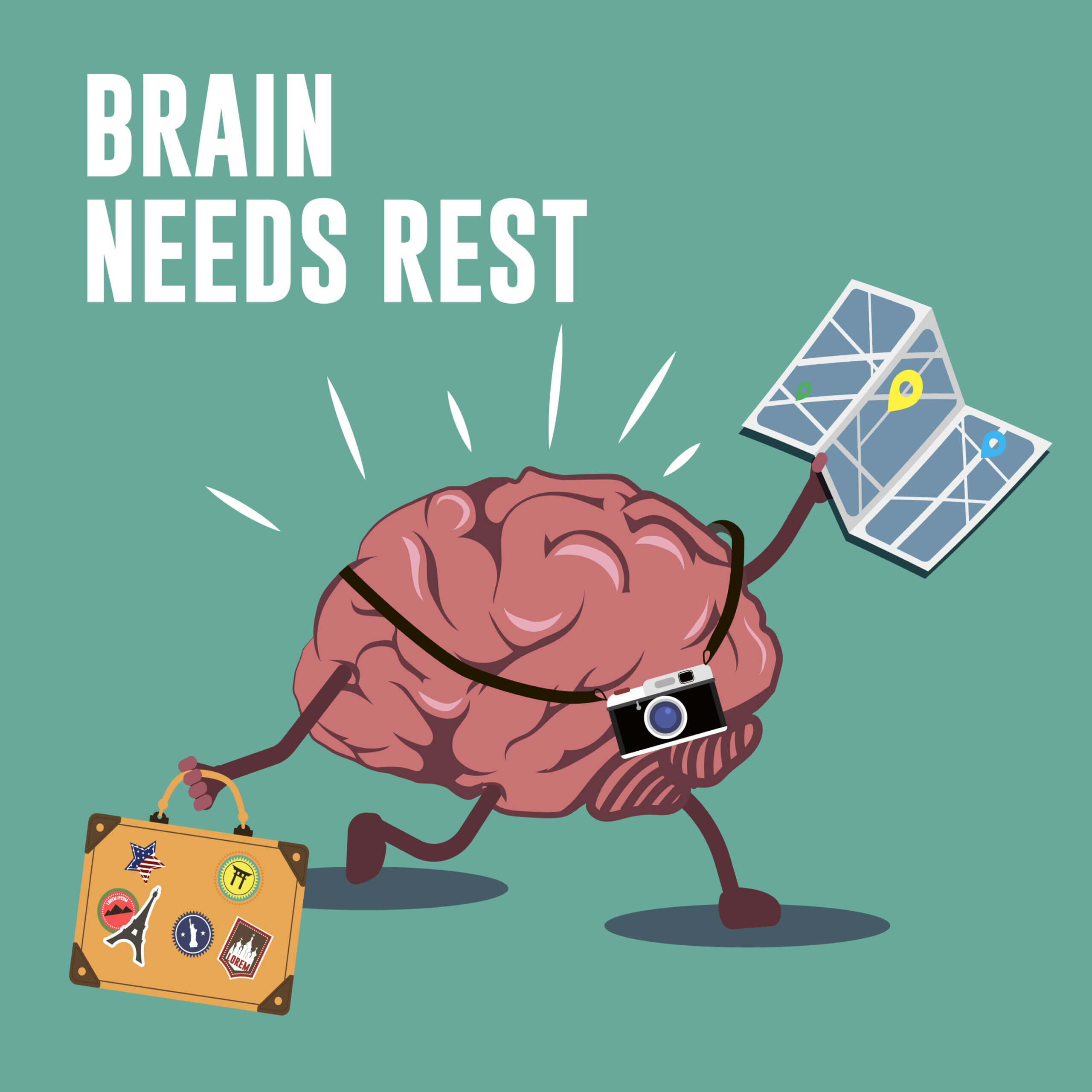
Promises of a better life, an easier life, if you will only use the XYZ method of time management. You are convinced that if you knew and could master the trick of managing your time to be more and more productive, your life will be better.
April 27, 20222
How many phrases pull you in to the “That would make my life better and easier?” Probably, quite a few. Why? Because, we are dealing with crap that is standing in our way of our lives being better and easier.
We see the ads, we see the promises, and we even search for solutions. Of course, we are leery, we have either bought or done things before that did not work for us. Still, we search. Why? Because, we want better. Something is out there to help us; it just has to be.
We have thought about time management wrong
What if we have thought about time all wrong? Maybe, we have only been managing deadlines, this whole time? Use a planner, they say. Planners and date books are great for solid meeting times, appointments or deadlines. There are list makers and there are fly-by-the-seat-of-your-pants kinds of people. I am a list-maker, but I have learned to leave space for spontaneous goings-on. Changes, reschedules, opportunities, missed out times, it is all good. Time marches on no matter what we do or don’t do. Our energy on the other hand, is finite. It does run out. We do need to rest and recharge.
Doing a mental versus physical activity and the energy levels each takes
When doing a physical activity that does not require a lot of focused attention to detail, we get tired. We rest, get cleaned up and we are ready to go again. When doing mental activities that take a lot of focused attention to detail, we have about three hours a day before that energy is zapped. Sorry, but a short rest and shower will not fix this energy depletion. The brain must rest, from processing information. Daydreaming is a nice way to rest the brain. Letting your thoughts wander is great too.
What can you do to rest and recharge your brain?
-
- Go for a walk
-
- Take a nap between 10 minutes up to an hour
-
- Take a shower, leisurely
-
- Play sports
-
- Stretch
-
- Go outside
-
- Journal
-
- Color or Draw
-
- Watch animals play
-
- Listen to music
Find what works for you. If you know that you will be having to process a lot of information, learn when you perform at your best. You may already know that you can only be detail oriented for an hour and a half at a time. Great, you have two of those blocks per day.
How to stay focused during your workday
Depending on how detail oriented I need to be or how much research that I need to do, I know that I have about three hours a day for that intensity. After that, I will need to do other tasks that do not take as much effort and energy. My best times are usually from 11:30 am – 1:30 pm and from 2 pm – 4:00 pm. If I have reading and research to do, I protect that time frame so that I will be at my best to work on my clients needs. I check email once in the morning and once in the late afternoon. I scan the news in the morning and late afternoon. I check Twitter and facebook mid-day and late afternoon. I have this routine and I don’t waste any brain energy trying to figure out what I am going to do or not do next. Routines and habits help you conserve brain energy.
Chasing rabbits and wasting time
We can all go down rabbit holes at any time. We learn to catch ourselves doing that, course correct and go forward. Mindless scrolling, is a rabbit hole. If you are having trouble with that, set a timer for 10 minutes. Do something else. Read. Journal. Chores. Plan for the next day. Walk. Daydream.
Learning to calm yourself benefits your brain too. When you focus on the problem or issue, you get stuck because you cannot think about it in any other way. By taking a break, getting away, playing or being fully present in the moment, you can rest and let your brain work in the background. Who knows, it may come up with a brilliant new way to look at the situation or find even better options.
New perspectives. New ways to think about brain energy. New ways to plan your day. Give them a try for two weeks and see how you are doing. Make adjustments, you may be surprised at how much better you feel and how much easier your tasks become. You get to do your most intense work when it is best for you, your brain and your body.
Pat
 With the start of a new year, most of us think about getting organized and decluttering our spaces. We know that we would feel better, be happier, and have the ability to do more. We want it. But, will we invest in the time it takes to get us there? Some will and some will not. Do you see the value of taking time and putting forth the effort to make your life easier, in all areas?
January 4, 2023
With the start of a new year, most of us think about getting organized and decluttering our spaces. We know that we would feel better, be happier, and have the ability to do more. We want it. But, will we invest in the time it takes to get us there? Some will and some will not. Do you see the value of taking time and putting forth the effort to make your life easier, in all areas?
January 4, 2023


